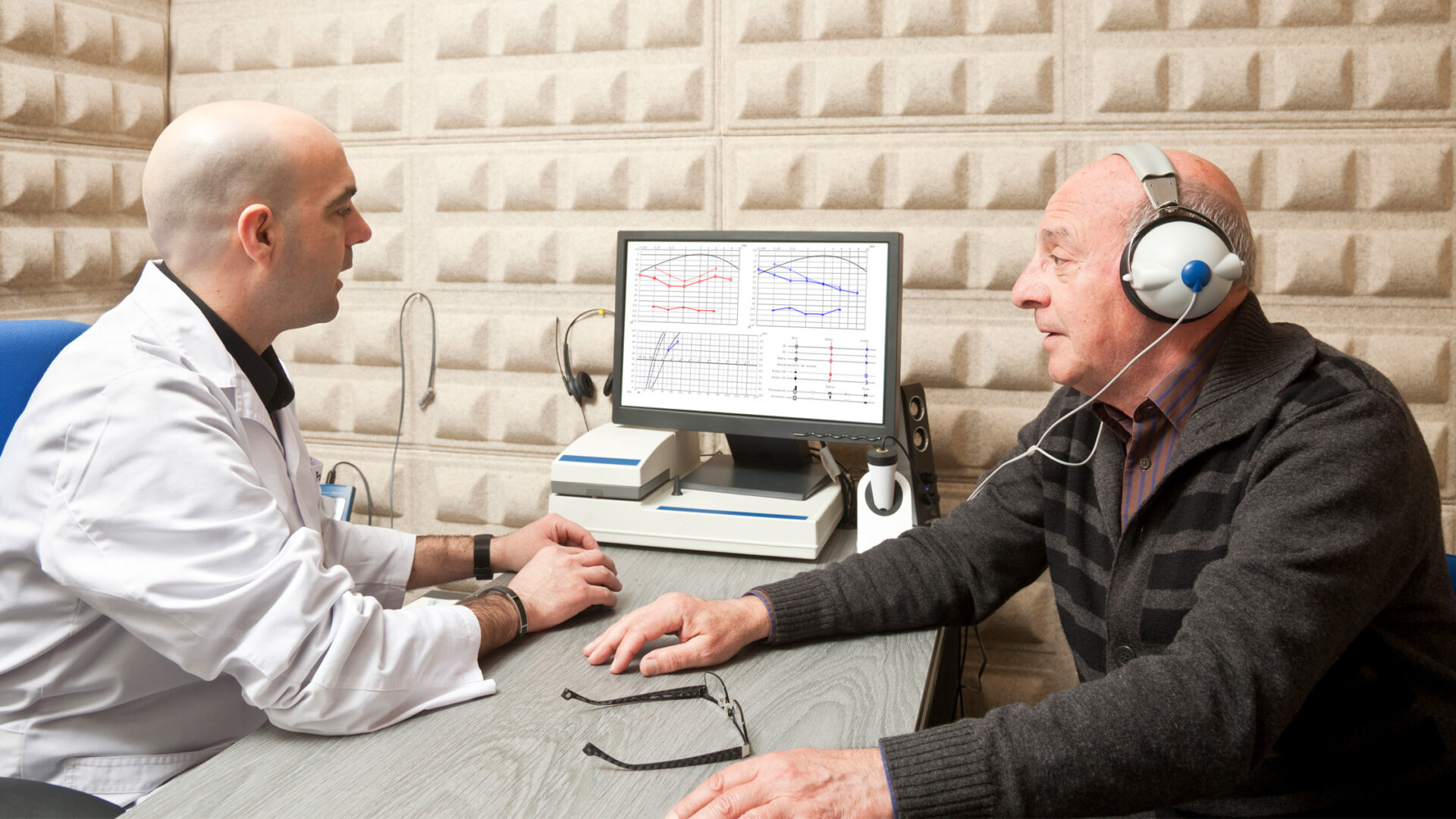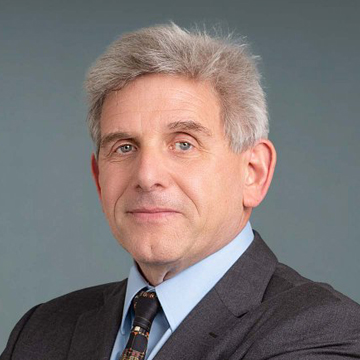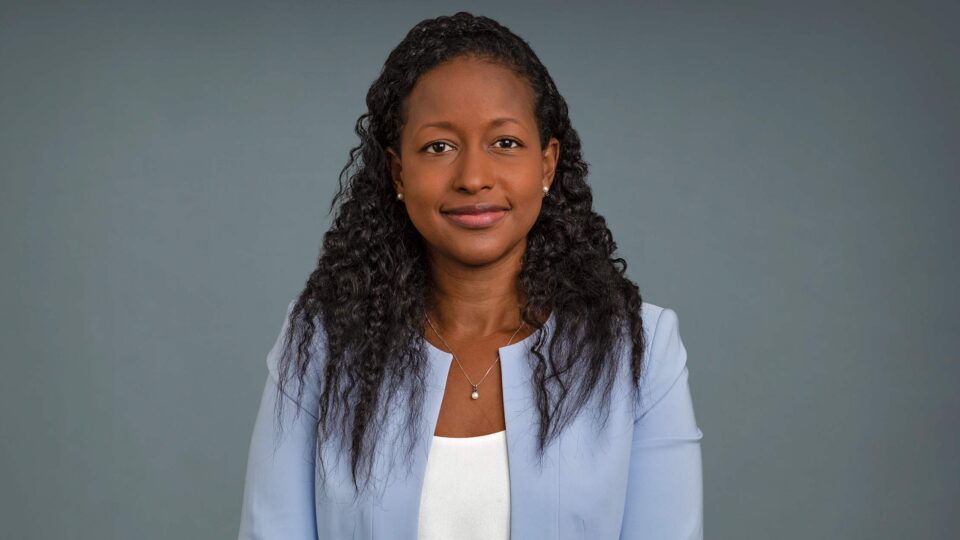Undetected hearing issues can result in poor communication between patient and provider and become an obstacle to care, says Joshua Chodosh, MD, director of the Division of Geriatrics and Palliative Care at NYU Grossman School of Medicine.
To assess the feasibility and potential benefit of one intervention, Dr. Chodosh and a team of researchers led a pilot study providing a simple hearing assistance device to patients age 60 and older who reported difficulty hearing during a Veterans Affairs (VA) emergency department (ED) visit. The researchers have now received VA funding to move forward with an expanded national study.
“If a patient can’t hear well, they don’t always leave the ED with a good understanding of their problem or what they need after ED care,” Dr. Chodosh says.
“When you’re using more cognitive effort to listen, that amount of effort is no longer dedicated to taking in, working with, processing, and encoding information—being engaged in the moment.”
Joshua Chodosh, MD
The Case for Personal Amplifiers
The HEAR-VA pilot study followed 133 veterans who presented to the ED of New York Harbor Manhattan VA Medical Center and were likely to be discharged to home. Enrolled patients either said that they had difficulty hearing or scored 10 or greater on the Hearing Handicap Inventory-Survey. Participants were randomized to no intervention or to receive a personal amplifier (PA), the Williams Sound Pocketalker® 2.0, for use during their ED visit.
Three short survey instruments were used: a Hearing and Understanding Questionnaire to gauge ability to understand without effort; a Care Transitions Survey to measure the patient’s readiness for discharge; and a Patient Understanding of Discharge Information survey. Following discharge, the researchers conducted surveys and post-visit phone calls to assess ED revisits. “There’s a critical qualitative piece to this,” Dr. Chodosh says.
“We’ve had a lot of experiential and anecdotal evidence, but we want to find out if the PA device helps a patient interact with information in a more productive way.”
Veterans with hearing difficulties reported improved ED experiences with use of PAs. Additionally, researchers found PAs might reduce the need to return to the ED within three days—suggesting a tangible improvement in patient outcomes as well as experience.
“If you’re in the ED and you come back within three days, it may be because critical self-management information was not heard correctly, if at all. It’s easier to communicate with patients who are using amplifiers.”
The VA as Study Site
Dr. Chodosh explains why the team chose a VA medical center to conduct its research: “The VA has a history of geriatrics innovations; they place high importance on age-related care. Veterans are amazing—they are often easier to recruit as they have a high degree of volunteerism. In addition, audiology visits are among the most frequent visits for veterans outside of primary care.”
One of the primary reasons many patients don’t pursue getting hearing aids is the cost, Dr. Chodosh adds. “The VA produces a great natural experiment because cost is no barrier—at least in some facilities, hearing amplifiers are a known commodity that can be ordered through the patient health record.”
Validating the Pilot
In the larger implementation trial, six national VA sites will roll out in phases over 40 months. The first phase is a repeat of the efficacy trial with a larger sample size: 400 veterans over a nine-month period of enrollment.
“After the randomized efficacy period, anyone whose screening indicates hearing impairment will get an amplifier if they want it,” Dr. Chodosh says.
With each progressive phase, the facilities will take on more responsibility for screening, distributing, and fitting hearing amplifiers. Research assistants will continue to conduct discharge surveys and will evaluate facility involvement.
“Hearing is one of those things that we don’t see as healthcare-related in primary medical care,” Dr. Chodosh says. “Geriatricians have an important educational role to play in making everyone aware of just how critically important it is to be able to hear, and the downstream negative consequences when you can’t hear without additional effort.”






